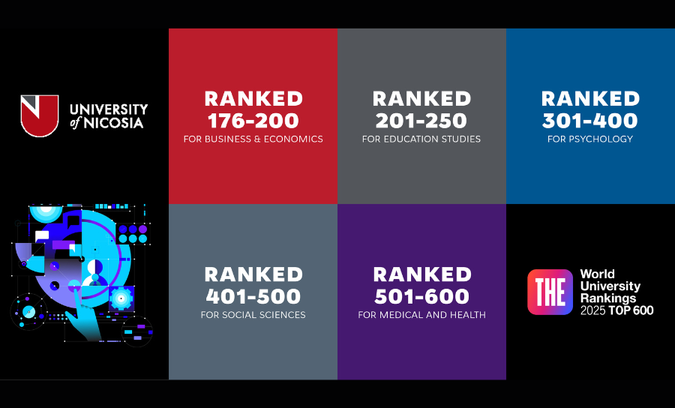Information
The Master of Science (MSc) in Shipping Operations and Management is unique, innovative, and global by design, world-class in quality and affordable in cost. The program is unique in the region and possibly globally in being designed to cater to the needs of participants and employers through purely shipping-related courses.
The program aims to equip students and shipping professionals with the knowledge, management skills and competencies required to pursue or enhance a successful career in shipping operations, and maritime management including maritime logistics.
The objectives of the course include:
- To develop comprehensive knowledge in shipping using interdisciplinary insights.
- To provide a global understanding of shipping and the maritime industry and to enable participants to apply the advanced knowledge gained to shipping operations and ship management.
- To develop the expertise and professional outlook required to foster a successful career in international shipping and maritime logistics.
The program is nationally accredited by CYQAA and recognized by KYSATS.
Program Learning Outcomes
By studying and graduating from the MSc in Shipping Operations and Management you will have acquired an in-depth and holistic understanding as well as analytical skills and decision-making capability in:
- Maritime and shipping economics by analysing the demand and supply in international trade and shipping, ship economics, and the economics of specialized shipping markets.
- Human resource practices in crew management and in particular leadership and team building, training, retention, safety and quality standards and performance management of the seafarers.
- Ship operations performance and optimization through models & techniques for effective ship operations management and data analytics for improving shipping operation efficiencies.
- Charter markets, chartering practice and charter party analysis in dry cargo and tanker shipping, and how to analyse the terms & conditions, responsibilities & accountabilities in charter party contracts.
- The legal issues arising from the transportation of goods by sea, and the principles governing contracts of the carriage of goods by sea and maritime insurance.
- Port economics and logistics pertaining to the port development, operation, efficiency and governance, as well as logistics and the integration of ports and terminals in global supply chains.
- Financing of shipping operations and the management of risk in the shipping industry, including the financial performance of shipping firms and shipping-risk management tools, such as shipping derivatives.
- Environmental protection and safety in the shipping industry and in particular, how management uses key performance indicators to monitor safety and environmental protection.
Program
Leadership & Management (30 ECTS)
- Leadership, Team Building & Crew Management (10 ECTS)
- Environmental Management & Safety in Shipping (10 ECTS)
- Marine Insurance & Carriage of Goods by Sea (10 ECTS)
Operations (30 ECTS)
- Shipping Operations, Optimizing Performance & Analytics (10 ECTS)
- Managing & Chartering Operations (10 ECTS)
- Port Operations & Logistics (10 ECTS)
Analytical Skills (30 ECTS)
- Maritime Economics (10 ECTS)
- Ship Financing & Risk Management (10 ECTS)
- Research Methods in Shipping (Course & Research Paper/Thesis) (10 ECTS)
To graduate, students are required to successfully complete the program’s 9 core modules, (10 credits each), for a total of 90 credits.






